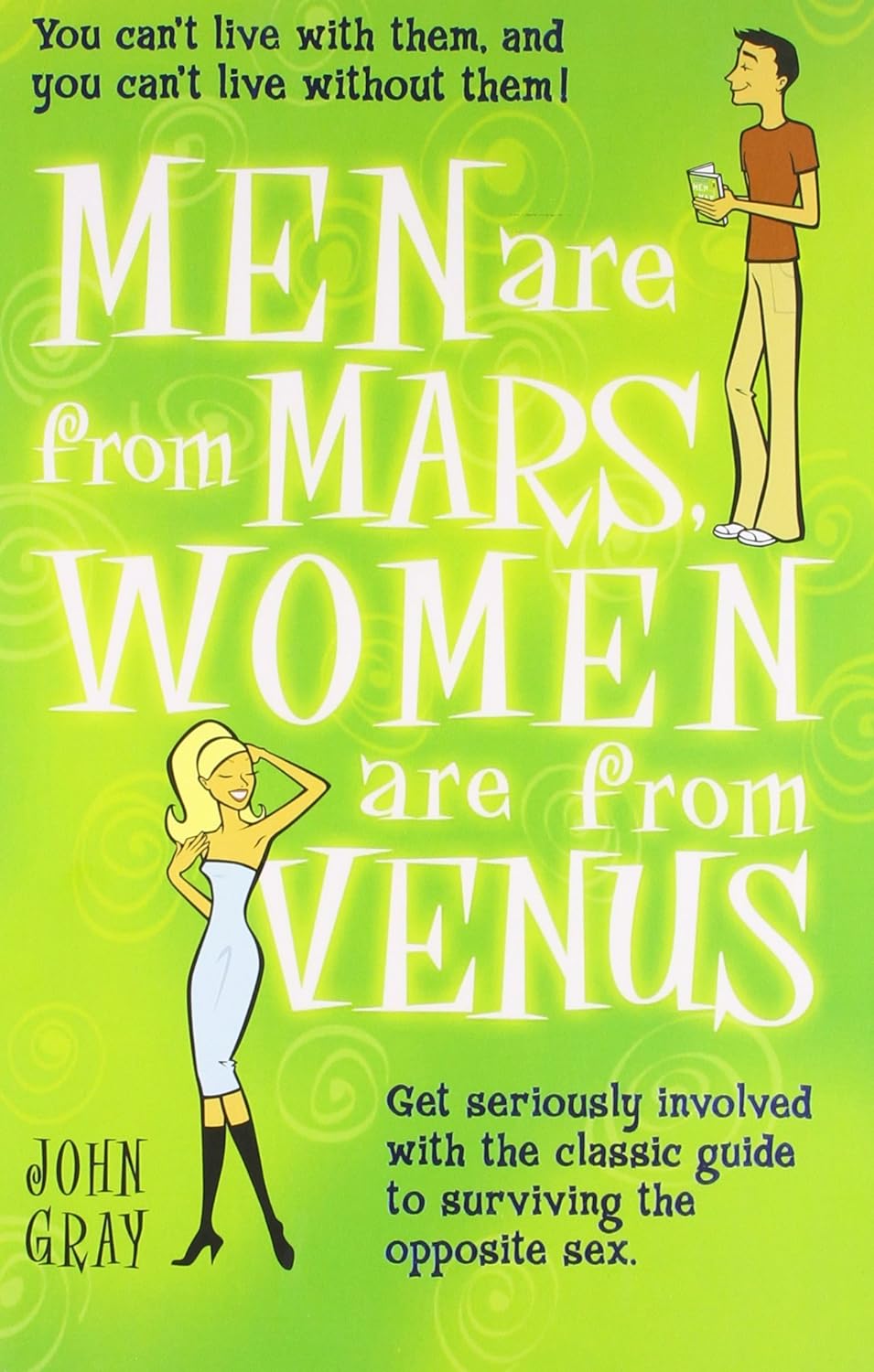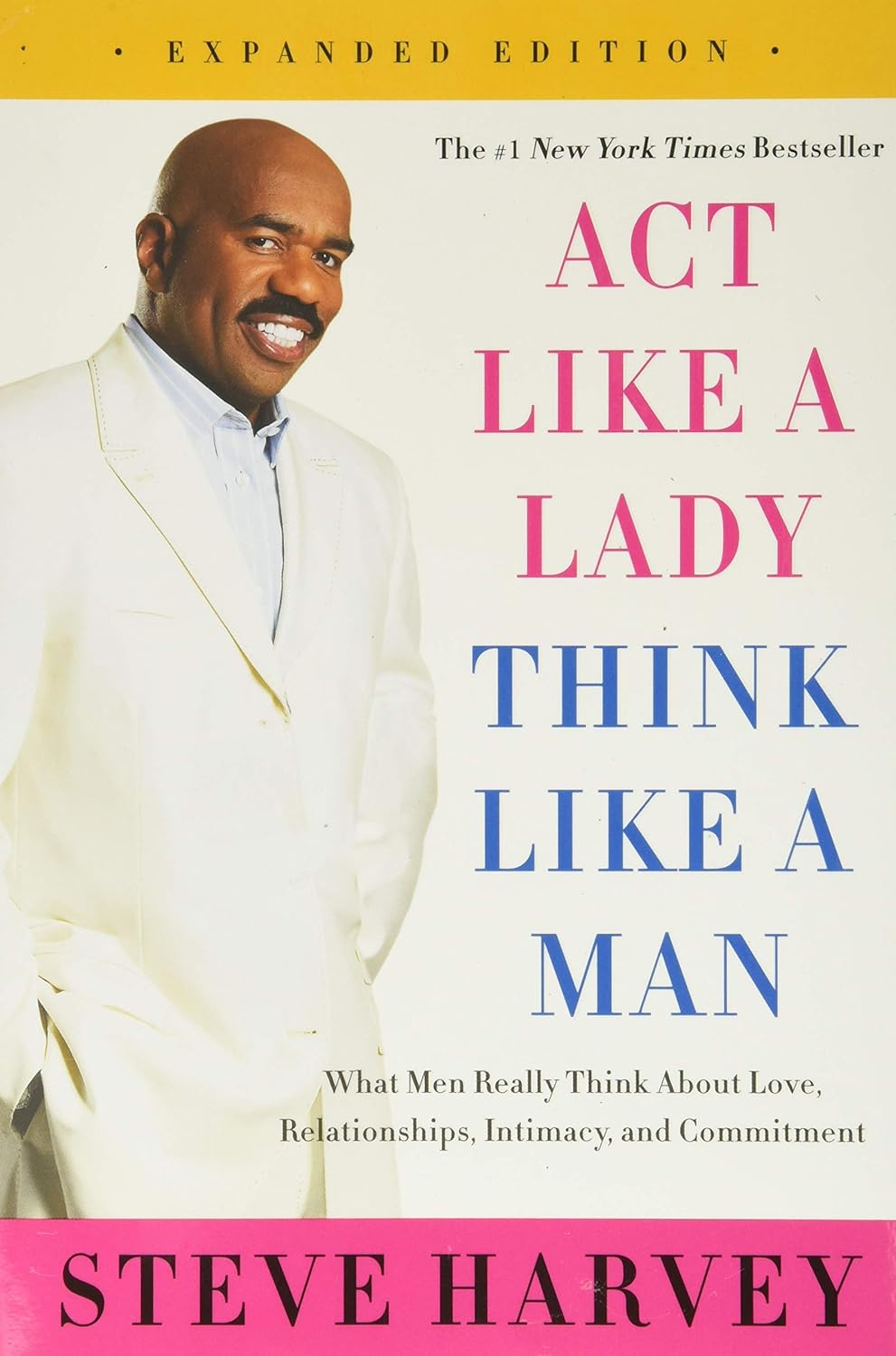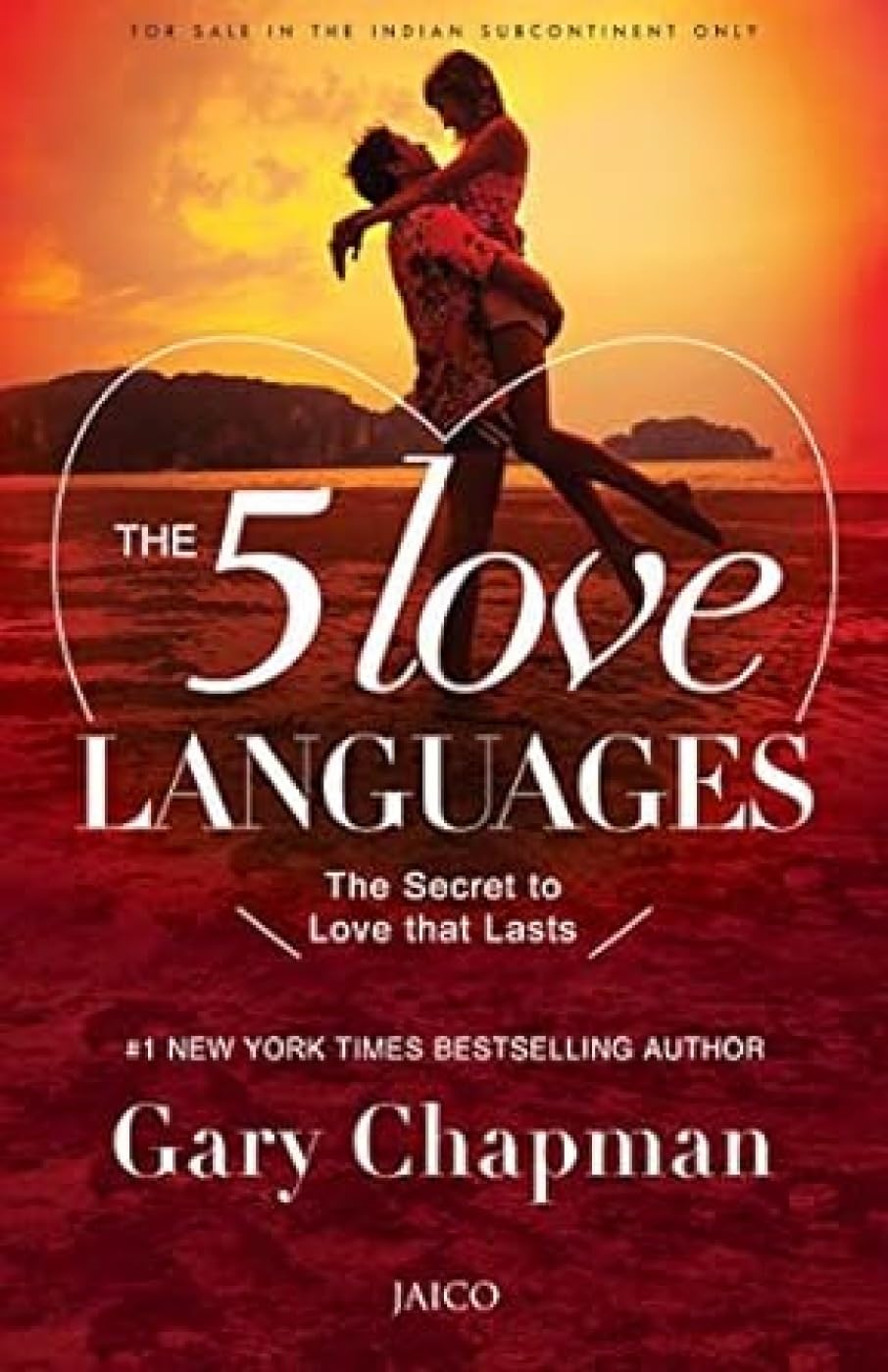 Relationships
Relationships
5 Ways to Avoid Arguments in a Relationship
In this article, we talk about 5 simple ways to avoid unnecessary arguments in a relationship and nurture an understanding environment filled with unprecedented peace and harmony.
Difference of opinion is here to exist. When two people with two divergent sets of likes and dislikes come together to build a life for themselves, conflict becomes an obvious part and parcel of that relationship. How you handle that conflict is what makes all the difference in the world. And it becomes very simple to do so when you know what to do; may be not easy at first, but simple nevertheless. All it takes is a consistent amount of conscious effort towards improving your emotional quotient while developing a basic understanding of relationships in general. Sounds like a lot of work? Worry not. Let’s take one step at a time till we become skilled at it.
Strive to understand each other’s perspectives

This is the first way to avoid arguments in a relationship. Most arguments occur when one or both partners fail to recognize the other person’s perspective and intention. It is a fact. This is followed by another disaster wherein the partners struggle hard to change, rather impose upon, each other’s viewpoints instead of understanding the same. This significantly worsens the situation because now both individuals start seeing each other as stubborn and insensitive beings. They end up exchanging even harsher words, giving rise to a never-ending cycle of ugly conflict and drama.
All of this can be easily avoided by keeping an open mind right from the beginning. One of the most important lessons taught in Communication 101 is this: we must listen to understand, not respond. Every now and then, we tend to forget that people are entitled to their opinions. We can provide them with better facts, figures and logic in a bid to let them look at the situation with a different perspective. Because that’s how communities are created. But this does not give us the right to impose our own opinions and thought processes on them. This is a crucial philosophy to comprehend. Needless to say, we are not referring to people who intend to hurt others for selfish gains. However, crime and justice is a debate for another day. For now, let us keep this discussion limited to intimate relationships wherein two people love each for who they are. Sure, they have their fair share of fights and quarrels. But they care about, and do not wish to intentionally hurt, the other person.
The easiest way to understand anyone’s perspective is to pay attention to his or her intention. As long as the intention isn’t tainted, the difference in opinions will be a piece of cake to tackle. A lot of the times, we fail to recognize the underlying message behind someone’s words and focus on the literal aspect of what the other person is saying. In order to eliminate most avoidable and unnecessary quarrels, you will have to consciously shift your attention to your partner’s intention, away from his or her seemingly hurtful words.
For ex. If your partner expresses his or her displeasure over you working on weekends as well, it is not because he or she is against your hardworking and dedicated nature. Or that they don’t understand the fact that you’ve been working tirelessly for the welfare of the family. It’s just that they want to spend some quality time with you since you haven’t had a meaningful exchange of thoughts and emotions with each other for quite some time now. You can either choose to dwell on what seems to be the case, and end up escalating the argument. Or you can choose to understand the actual case and address your partner’s longing for your time and attention. Once you learn to differentiate between false reality and true actuality, things automatically become simpler and easy-going.
Often, you will find yourself to be in a situation wherein you may not agree with the other person’s opinion. This is completely alright. It’s important to understand their perspective, but you don’t have to necessarily accept all of it blindly. Here, all you have to do is simply ‘agree to disagree’ and move on. You don’t have to take offence. You don’t have to take any of it personally. This is what’s commonly referred to as respecting one’s opinion. And you’re going to have to learn to do that if you truly wish to avoid arguments in your relationship. In this regard, we urge you to work on cultivating mutual respect as a virtue.
Take time to cool off

This is the second way to avoid arguments in a relationship. When stuck in a stubborn standoff with your better half, do nothing, say nothing, give yourself as well as your partner some time to cool down and recalibrate your senses. It is natural to develop a clouded judgement when experiencing negative emotions like anger, frustration, jealousy, etc. This not only impairs your ability to comprehend the other person’s perspective, but also compels you to become hurtful and rude in your dialogues even when you don’t mean to.
The best approach in this scenario is to take a time out and create some physical distance between the two of you. Indulge in any activity that tends to have a calming and soothing effect on your mind. You could try meditating, going out for a walk, reading a book, etc. The aim is to detach yourself from the situation, put in a conscious effort to purge your mind of lingering negative emotions, and re-address the discussion with a fresh outlook. Remember, your motive is to make peace with your partner and move towards a better future together. For this, you will not only have to be humble and polite when explaining your side of the story, but be receptive and understanding when listening to theirs. You will also have to step down, take a breath, and really think it through before making a point.
Many a time, you will strongly feel that it is your partner who is at fault, and yet he or she is being so stubborn and non-understanding about the whole situation. This may very well be true, but again, your motive should not be to prove the other person wrong. Your motive should be to find a common ground and ensure that the two of you don’t end up bickering about the same thing over and over again. Here, you will have to take the higher ground and politely ask your partner to take some time to think about what you’ve told them.
Taking time to cool off before speaking your mind gives you an opportunity to prepare a better strategy for yourself. You’ve already tried one approach, which clearly hasn’t worked out for either of you so far. And you couldn’t possibly hope to achieve different results unless you opted for a different game plan. It’s as simple as that. For ex. maybe you’ve already tried displaying raw emotions in the form of anger, harsh words, and irritability. All you’ve received in return is retaliation. So now you ask for a quick time-out to calm yourself down. You decide to take a more peaceful approach and frame an outline of everything you need to say, but in a polite manner. You also think about all the scenarios which can lead to a worsened situation, and create a strategy for handling that as well. Once you have everything figured out, you go ahead and give your discussion another shot. Naturally, the outcome will turn out to be much more favorable this time around. Adopting this one ideology is extremely imperative when it comes to avoiding arguments in a relationship.
Lastly, let us briefly cover a few points to note about taking a timeout in the middle of a rigid deadlock. You need to understand the fact that sometimes you’ll be ready to talk, but your partner won’t. And that’s completely alright. Give them the time they need. However, don’t end up deserting them altogether. There is a fine line between creating healthy distance and becoming indifferent. Make sure you remain within the confines of the former. The duration of the timeout will completely depend upon the severity of the matter. Sometimes, it might last for barely an hour. Other times, it might go on for days, weeks, or even months. That being said, you would want to keep it as short as possible. If you wait for too long, chances are that you will either end up losing interest in the discussion or it will lead to accumulation of unnecessary resentment, grudges, and pent up emotions. Not to mention, life is too short to be wasted away while fighting over non-essential issues.
Enlist dos and don’ts for your quarrels

This is the third way to avoid arguments in a relationship. We all know that boundaries are indispensable when it comes to building healthy relationships. What most people don’t realize is that they are just as important for holding meaningful discussions and debates as well as for expressing disagreement and displeasure. Often, a small quarrel turns into a huge fight that lasts for days only because both partners end up making one hurtful remark after the other. What’s even more unfortunate is that neither of them actually mean what they say in that spur-of-the-moment.
People have a habit of exaggerating reality for absolutely no reason at all. When your partner makes a mistake, and you associate it with their character or identity, that alone makes it impossible to achieve a desirable outcome. Because when you associate a mistake with someone’s character or identity, you essentially state that there is nothing they can do to change it for the better. It closes all doors for further discussion, and the only response that they are left with is to get back at you with a similar accusation.
Also, many of us are accustomed to using swear words, especially when we get upset. This is a big no-no for handling quarrels with our better halves. Using swear words to prove a point does anything but that. It’s discourteous and amounts to being a direct attack on the other person’s self respect. We strongly urge you to steer clear of using foul language and slangs with your partners if you wish to avoid arguments in your relationship. Everything that can be said in a respectful manner must be said in a respectful manner, no matter how bad the situation may be.
There are many other dos and don’ts that you can mutually decide upon for your quarrels. And this should be done proactively when things are running smoothly and the two of you are in a receptive mood. For ex. Talking about past mistakes could be made off limits. Using what your partner tells you in confidence against them could (and most definitely should) be made off limits. Talking about physical appearances, health issues, or problems one can do nothing about could be made off limits.
As a rule of thumb, you should try your best to stick to the topic at hand and not diverge to older issues, especially the ones which have already been resolved. Ignore this, and you will often find yourself arguing about everything except for the actual problem. Almost always you will get trapped in a never-ending blame-game, and this will inevitably push the solution further and further away. Apart from the aforementioned pointers, you could even incorporate the ‘take time to cool off’ rule as part of your dos and don’ts for quarrels. You could make a 5 minute time-out absolutely mandatory in case of escalating arguments.
Look at the big picture

This is the fourth way to avoid arguments in a relationship. Being able to look at the big picture of life gives us unprecedented control over our reactions. Because then we begin to realize how petty our complains sound in comparison to the gigantic fabric of reality. Striving to look at the big picture provides us with a whole new way of perceiving things. It allows us to form an objective point of view, which in turn enables us to look past our personal biases and prejudices.
In terms of relationships, understanding the fact that you and your partner have set foot on a long-term journey can prove to be liberating as well as empowering. Following this, maintaining peace and harmony naturally starts taking precedence over participating in senseless arguments and fights. Once you realize the significance of considering the big picture while making important relationship decisions, you begin structuring your strategies in a way so as to compliment your collective higher agenda. We know this sounds a bit complicated, but we assure you it isn’t. Let’s discuss this a little further.
When we say “look at the big picture”, what we really mean is this: instead of taking actions based on short-term goals, try analysing the impact of your approach on your long-term future first. You and your partner saw something in each other when you decided to come together and build a life for yourselves. If you’ve been in a relationship or have been married for quite some time now, you’ve probably created an interdependent environment for each other which makes both of you equally responsible for the other person. If you have children, this sense of responsibility now encompasses an entire family of individuals who need to find a way to not just live, but thrive and succeed together.
For these reasons, it becomes imperative that you and your partner learn to value and respect each other’s opinions. You will have to make numerous sacrifices and compromises wherever required. You may even have to forgo many of your personal desires for the benefit of your relationship, and that’s completely alright. The moment you bring about the said paradigm shift in your mindset, you instantly take a huge leap towards eliminating all forms of unnecessary arguments from your relationship.
For ex. Imagine that you and your partner have gotten into a huge argument. The reason is no longer important because your partner has now started commenting upon your character. In this situation, your short-term goal, as a normal human being, would be to prove your partner wrong, or to get back at them in order to teach them a lesson. You certainly did not like what you heard. You cannot let it go either. You have to do something about it so that it does not happen again. What do you do?
You could try commenting upon their character in return. You could try generalizing their flaws and shortcomings as a human being. But we don’t think any of this will serve your purpose. Instead of giving out an uncontrolled reaction, we suggest taking a moment to perceive the situation objectively. You want your partner to not comment upon your character. You also want them to realize their mistake. And you want to keep your peace because you still have to spend an eternity with this person. You see where this is going?
Now you go back to our first three strategies to avoid arguments in a relationship. If the argument has gone out of control, call for a quick time-out. Calm yourself down. Begin by trying to understand your partner’s point of view first. Overlap your own perspective onto the latter, and note the anomalies. This is where you’ll need to put in most of your effort. Once both of you have regained your senses, remind each other about your list of dos and don’ts. Stick to the problem at hand. Steer clear of illogical and non-factual remarks. Speak your hearts out, but in a polite and respectful manner. Hopefully, you will have found a common ground by now. In case this doesn’t work, do not lose hope. Keep your eyes locked onto the big picture, that is your long-term goal, and continue to try new strategies until one of them works. Your ability to look at the big picture in the middle of your relationship crisis will empower you to perform all these tasks with unprecedented ease, simplicity and comfort.
Seek professional help

This is the fifth way to avoid arguments in a relationship. Many a time, couples fail to recognize the actual reason behind their recurring fights, and continue to stay focused on a superficial cause which never resolves the issue. This is where professional expertise comes in. A relationship counselor can provide you with astonishingly deep and logical insights, most of which you would not be able to figure out on your own. Plus, when you’ve already tried everything, and you’ve started to feel that nothing seems to work for you, consulting a professional as a last resort couldn’t hurt, right? And we say this only because a lot of people out there have these preconceived notions against receiving therapy and counselling to resolve certain issues.
What therapy essentially does for you as a couple is that it provides a neutral mediator equipped with the skillset to read the underlying messages behind your (as well as your partner’s) emotional outbursts. A detached outlook can do wonders for people who are heavily invested in their relationships, and professional counsellors provide just that. They also act as guides and help keep the conversation limited to the problem at hand. This helps prevent unnecessary escalation of simple discussions to ugly arguments.
Often people tend to beat around the bush while describing their problems. They find it challenging to directly state what it is that has been bothering them. They find it compelling to resort to taunts, character shaming, flaw picking, etc. all of which lead to further confusion and significant damage. During relationship therapy sessions, the counsellor assumes the role of an interpreter. He or she first understands one person’s story, eliminates all misleading and confounding messages, identifies the actual problem, and then repeats the same procedure for the other person. This is followed by making the great revelation about everything he or she has learned from the narration in front of the distressed couple. The couple absorbs what they are told, and voila! A major chunk of the problem gets dealt with using simple conversation skills!
The best thing about seeing a counsellor for relationship advice is that everything he or she says comes from a place of unbiased comprehension. And this fact is subconsciously acknowledged by everyone who seeks advice from these professionals. Sometimes, people turn to their friends, family, or relatives for opinions and suggestions regarding an ongoing disagreement with their better halves. Unfortunately, when they don’t like what they hear, they end up accusing the latter of holding a prejudiced outlook. This challenge can be easily tackled by making it a point to consult a professional instead of a relative for receiving well informed relationship advice.
Another common relationship struggle is the inability of individuals to admit to making a mistake. People think shifting the blame will help them resolve the fight, but this couldn’t be farther from the truth. In fact, it does the exact opposite. When one partner tries hard to make the issue at hand entirely the other partner’s problem, not much room remains for a peaceful armistice. What follows is a never-ending cycle of blame shifting and finger pointing. Instead, if both partners collectively decided to take responsibility of the situation, the issue at hand would then become both partners’ problem leading to expedited reconciliation. However, this isn’t a popular observation amongst couples. Enter – relationship counsellor. A relationship counsellor does a remarkable job of making individuals realise the role they played in creating a mess out of a simple discussion. And they do so with utmost caution, care and patience so as not to provoke any unnecessary reactions, thereby improving the situation significantly.
Professional therapists, particularly marriage counsellors, produce results. All it takes is a little initiative on the couples’ part. Because the truth is that relationships aren’t as complicated as we take them to be. Minor shifts in perspectives have the potential to materialize massive positive outcomes for anyone who is willing to keep an open mind. It is high time we stepped out of the bubble that designates therapy and counselling as inferior forms of help. They can very well serve to be great saviours when all hope seems to have been lost. It can prove to be an extremely effective technique to avoid arguments in a relationship, especially when partners become helpless and end up giving upon each other.
Conclusion
It does not take much to avoid arguments in a relationship. A little understanding here, a little compromise there, and you’re good to go. It’s that simple. Once you know what to do, you can easily implement relevant strategies and techniques for avoiding negative situations and hold meaningful conversations with your partner. The first and most important step is to try and understand the other person’s point of view before making any judgements and assumptions. Next, if things seem to be going out of hand, take a short break to soothe your nerves. Remember to adhere to the list of dos and don’ts for your quarrels. You wouldn’t want to cause any sort of permanent damage to your relationship only to win a short term battle. Looking at the big picture can help you make an objective call on how to handle an escalating argument. Lastly, if nothing else seems to work, you can always find a professional who will be more than happy to help.
Share this article if you think there’s someone in your circle of impact who can benefit from reading this. Also, do remember to check out the resources provided below. Tap on the enclosed link if you wish to purchase the related item.
Resources
We have added links for purchasing books that we believe you may find useful while applying the above mentioned strategies for avoiding unnecessary arguments in your relationship. If you’ll use the provided links for your purchases, we’ll receive a small commission which will help us to continue publishing free quality content for you.
Recommended Reads

Men are from Mars, Women are from Venus

Act Like a Lady, Think Like a Man (Expanded Edition)

The Five Love Languages: The Secret to Love that Lasts
